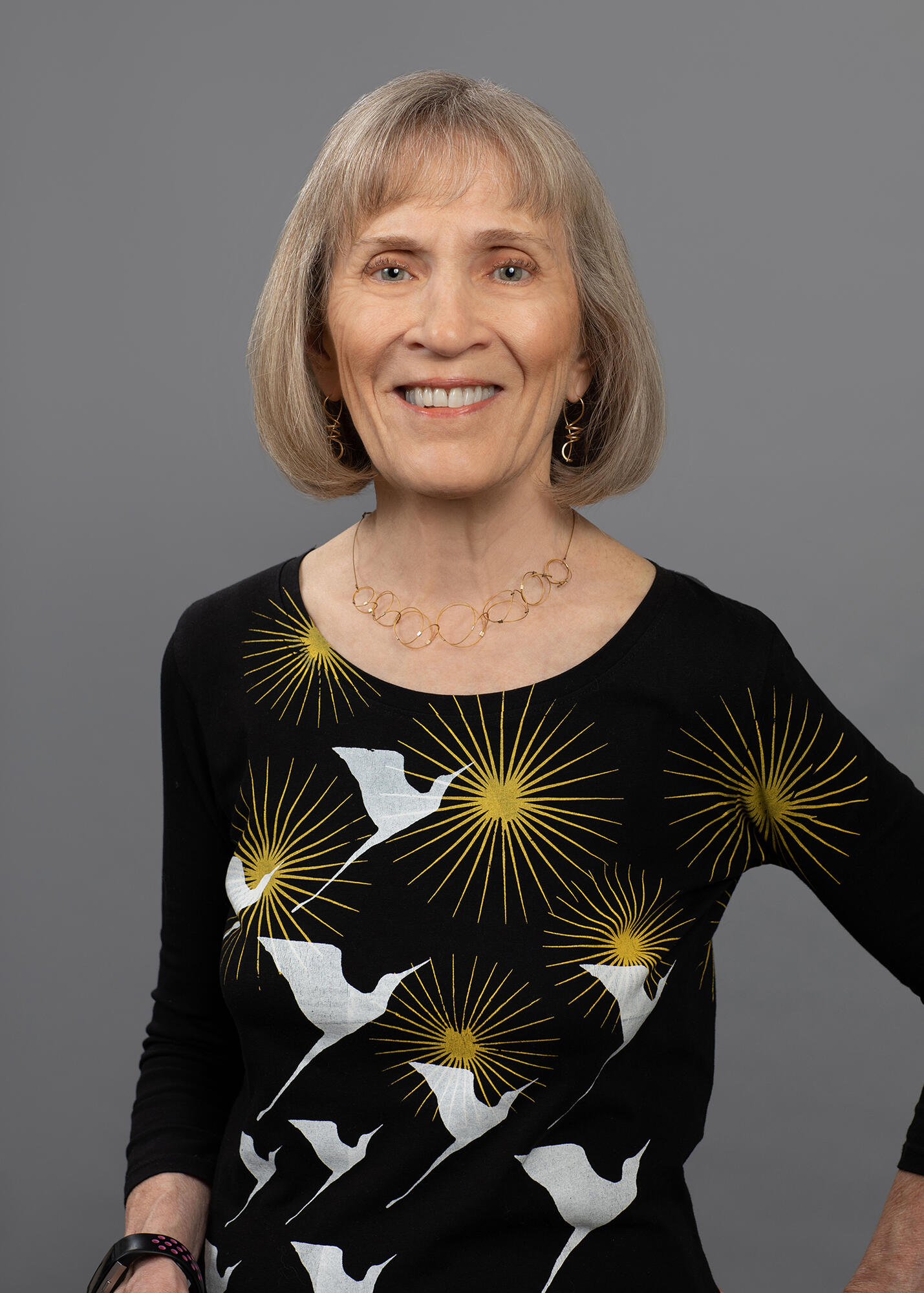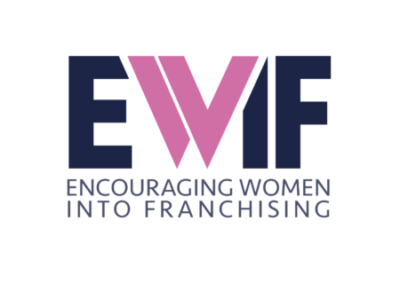
Which is what makes the research of Professor Claudia Goldin, so valuable, and it’s why she has gained a remarkable achievement, as the first female solo-winner, and only the third woman ever, to receive the Sveriges Riksbank Nobel Prize in Economic Sciences. Goldin’s work has contributed immensely to addressing the global issue of gender inequality in the labour market. She’s collected over 200 years of data from the United States, analysing the complex journey of women’s labour force participation. Her research not only identified there is a gender wage gap, but unveiled key factors behind it.[3]
One of her key insights is the transformational impact of women’s education. Throughout the 20th century, women’s education levels consistently rose, often surpassing those of men in high-income countries. Goldin’s research also highlighted how access to the contraceptive pill played a vital role in empowering women to make their own decisions as they plan their careers and futures.
Goldin analysed how decisions about education and careers can have far-reaching consequences, for young women, as they often stem from the experiences of previous generations. Looking at the historical context, Goldin underlined the necessity of reshaping societal and familial structures to help progress gender equality. “Understanding women’s role in the labour market is important for society. Thanks to Claudia Goldin’s ground-breaking research we now know much more about the underlying factors and which barriers may need to be addressed in the future,” says Jakob Svensson, Chair of the Committee for the Prize in Economic Sciences.[4]
One of Goldin’s most noticeable findings is the shift in the gender wage gap. Once largely attributed to an imbalance in education and occupational choices, her work reveals a significant portion of the gender pay gap emerges with the birth of a woman’s first child. This emphasises the need for policies and practices which support working parents, something we’ve spoken of before, especially in light of The 2019 Rose Review of Female Entrepreneurship.
In her book, “Career and Family,” Goldin highlighted true gender equality, can be achieved, but requires a fundamental shift in how we approach work and caregiving. She calls for “couple equity,” recognising how progress towards equality in the workplace must be accompanied by a more equitable distribution of responsibilities at home. “We see a residue of history around us, we’re never going to have gender equality until we also have couple equity. Although there’s been monumental progressive change, at the same time there are important differences which often tie back to women doing more work in the home.” [5]
As we celebrate Professor Claudia Goldin’s well-deserved Nobel Prize, we are reminded of the importance of her research. Her insights into the complexities of gender inequality in the workforce provides a roadmap for policymakers, advocates, and society at large to address these inequalities and work towards a more equitable future. This serves as a powerful reminder that gender equality is not merely a women’s issue but a compulsory issue for society. Goldin’s research has broadened our understanding of the barriers women face in the labour market, and highlights the urgency of breaking these barriers.
Something many women are taking control of, thanks to franchising. The International Franchise Association reports female franchise ownership in the US has increased by more than 80% since 2010, whilst the British Franchise Association reports a 20% jump in the number of female franchisees since 2015, with 37% of all new franchisees in the last three years being women[6]. When women feel able to take control of their working week, as well as their finances, we can work together to bridge the gap.
Claudia Goldin’s well-deserved Nobel Prize not only recognises her remarkable contributions to the field of economics but also serves as a reminder for a more equitable, inclusive, and diverse workforce, where the contributions of women are fully recognised and valued. Her work paves the way for a brighter and more equitable future. Congratulations once again to Professor Claudia Goldin for this monumental achievement.
[1]https://www.ons.gov.uk/surveys/informationforbusinesses/businesssurveys/annualsurveyofhoursandearningsashe
[2] https://www.tuc.org.uk/news/gender-pay-gap-means-women-work-free-nearly-two-months-year
[3] https://press.princeton.edu/news/claudia-goldin-wins-nobel-prize-in-economics
[4] https://www.nobelprize.org/prizes/economic-sciences/2023/press-release/
[5]https://www.nytimes.com/2023/10/09/business/economy/claudia-goldin-nobel-prize-economics.html
[6] https://www.thebfa.org/expert-advice-zone/perfect-time-for-women-to-get-involved-in-franchising-in-scotland/
